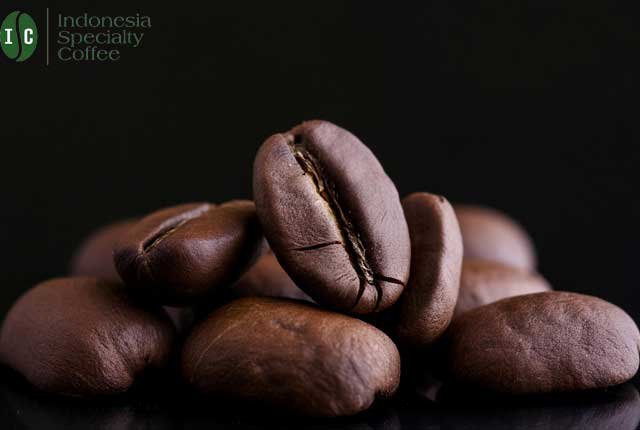Have you ever looked at a handful of coffee beans and thought, “What if I just ate these?” Maybe you’re in a rush, forgot your morning brew, and wonder: does eating coffee beans give you caffeine? The answer is yes—but there’s more to the story. And depending on how you chew it (literally), the results might surprise you.
Let’s break down the truth about eating coffee beans, caffeine absorption, and why your brew might still be the better option.
The Truth Behind Coffee Beans and Caffeine
What’s Really Inside a Coffee Bean?
Coffee beans aren’t just tiny flavor capsules—they’re natural caffeine bombs. Each roasted bean contains about 6–12 mg of caffeine, depending on the variety and roast level. That might not sound like much, but eat ten beans and you’re basically sipping on an espresso shot.
But here’s the twist: caffeine in beans isn’t absorbed the same way as in a brewed cup. Your digestive system has to work harder to break it down when you chew the beans directly. That means the caffeine hit is slower, smaller, and less predictable.
Curious about how much caffeine is in a cup of coffee? Learn more in our detailed breakdown: How Much Caffeine Is in a Cup of Coffee?
Eating Coffee Beans vs. Drinking Coffee
Does Eating Coffee Beans Work?
Yes—but not like your morning latte does. When you brew coffee, hot water extracts the caffeine quickly and efficiently. It’s ready to absorb and energize you within minutes.
On the other hand, chewing whole beans:
-
Releases caffeine slower
-
Delivers less caffeine overall
-
Comes with digestive side effects if overconsumed
How Many Beans Equals a Cup?
Think of it this way:
-
1 cup of coffee = ~95 mg caffeine
-
1 roasted bean = ~10 mg caffeine
-
So, you’d need to eat 9–10 beans for the same effect
But wait—wouldn’t that feel like chewing pebbles?
The Side Effects No One Talks About
Let’s be honest—chewing roasted beans isn’t exactly a five-star experience. They’re bitter, hard, and not exactly friendly to your stomach.
Here’s what might happen if you eat too many:
-
Stomach irritation from coffee bean oils and acids
-
Digestive issues, like cramps or acid reflux
-
Caffeine overload if you eat beans and drink coffee too
-
Insomnia or jitteriness if you’re sensitive
For sensitive stomachs, this snack can go south fast. If you’re after flavor و function, opt for a better route.
Want to keep your beans fresh for optimal taste and performance? Read this: Why Is a Coffee Canister Important?
Better Ways to Get Your Caffeine Fix
If eating coffee beans isn’t ideal, don’t worry—you’ve got options:
-
☕ Pour-over or French press methods for slow, flavorful caffeine
-
⚡ Espresso or cold brew for a faster kick
-
💊 Caffeine supplements or energy drinks (in moderation)
-
🍫 Chocolate-covered coffee beans for a smoother taste
And if you’re hunting for the perfect bean to match your lifestyle, check out this guide: Choosing the Best Aceh Gayo Green Coffee Beans
Should You Eat Coffee Beans? Here’s the Bottom Line
Let’s recap:
✅ Yes, eating coffee beans gives you caffeine
⚠️ But it’s less efficient and can upset your stomach
☕ Drinking brewed coffee is safer, smoother, and more effective
🔄 Better alternatives exist—like brewing smarter or exploring chocolate-covered options
Want to take your coffee knowledge up a notch? Explore how fermentation changes flavor: Fermented Coffee Beans – The Healthy Secret
Would You Munch or Brew?
Coffee beans are powerful—but not always practical. While popping a few might offer a quirky caffeine fix, the brew remains king. So next time you’re tempted to chew, ask yourself: Why not just sip smarter?
Ready to upgrade your daily routine? Discover 7 Secret Tricks to Make Your Coffee Better Than a Coffee Shop and taste the difference today.

